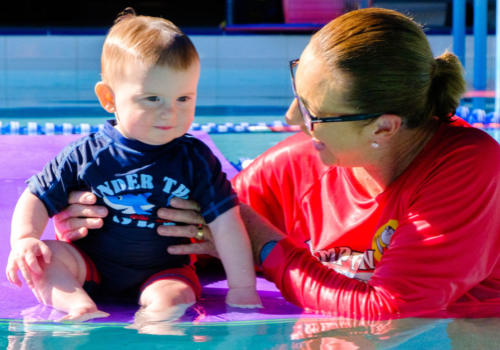Blog
We are passionate about quality aquatic education and child safety. This goes beyond offering learn-to-swim programs for the past 21 years. We like to share our knowledge and expertise too. In this blog section you can read about a wide range of swim related topics.
Why Join A Swim Club?
Community Swim Clubs If you live in a neighbourhood with a school or a community pool, then chances are you have the opportunity to join a local swim club and become involved in one of Australia’s most popular sports. Swim clubs are not-for-profit organisations that are normally either run by volunteers (usually parents of swimmers)…
Learning Plateau
Learning Plateau Aug 18 Written by: 18/08/2010 11:02 PM It is likely there will be stages during the learn-to-swim process when your child experiences a “learning plateau”. During a period of skill acquisition or technique mastery, a “learning plateau” describes the feeling or appearance that your child is making little or no progress, no matter…
Benefits of Swimming Lessons for Adults: Why Adults Should Learn To Swim
The Benefits of Adult Swimming Lessons The benefits of swimming can be enjoyed by adults as well as children. Parents should consider jumping in for their own health and fitness, as well as an opportunity to enjoy the water with their kids. In the course of teaching a babies’ class earlier this week, I demonstrated a…
Swimming Lesson Etiquette
Swim Lesson Etiquette Aug 18 Written by: 18/08/2010 11:08 PM For parents attending their first swim lesson with their child, or for even those seasoned swim school parents – here are my Top 10 “Swim Lesson Etiquette Tips” that will help ensure your child’s lesson goes “swimmingly”! 1) Arrive early so that both you and…
Ear Infections
Ear Infections Aug 18 Written by: 18/08/2010 11:09 PM While ear infections are common amongst infants and young children, for most they occur infrequently and the symptoms associated with the infection are generally mild in nature. However, for parents of chronic ear infection sufferers and children who are susceptible to recurring ear infections caused by…



